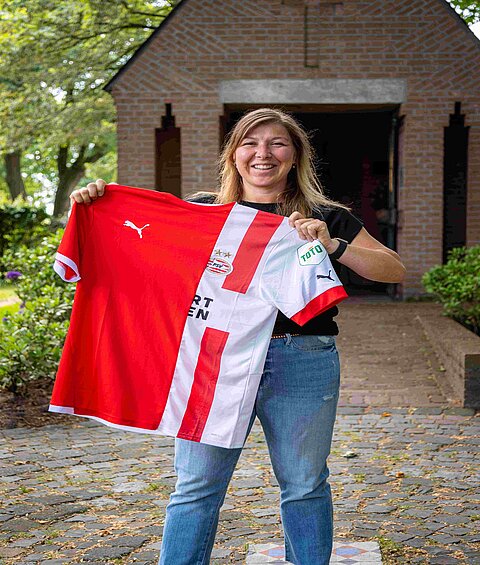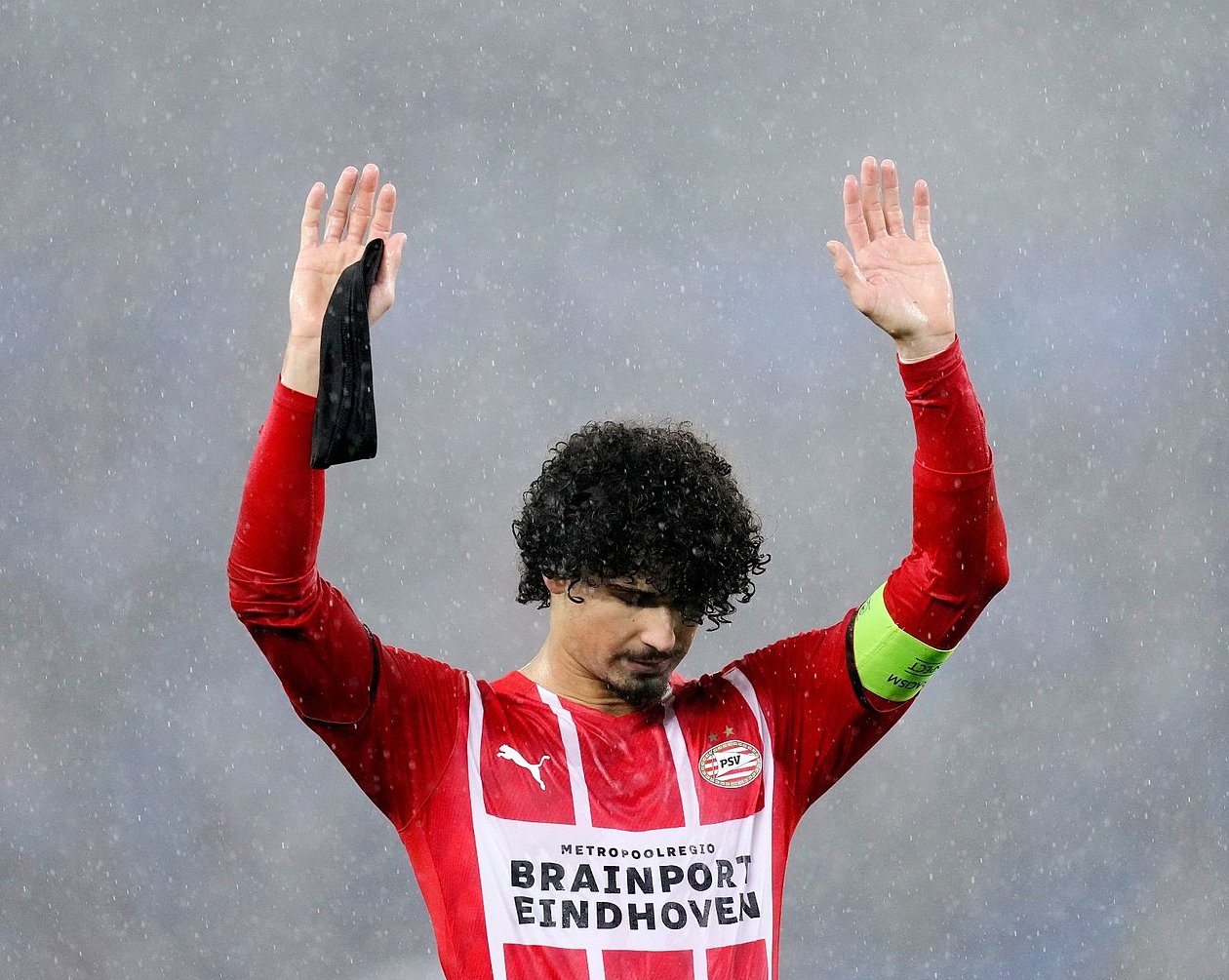Together we're fan with Bianca!


Since its inception in 2019, Brainport Eindhoven and PSV have joined forces with ASML, Philips, VDL Group, Jumbo, High Tech Campus, Swinkels Family Brewers (joined in 2020), and CSU (joined in 2022) to make our region even stronger. This partnership goes beyond sponsorship—it is a movement that fosters pride, solidarity, and innovation. High Tech Campus was a partner in this initiative until 2022 and then became the main sponsor of PSV Women.
With impactful campaigns, inspiring activations, and connecting events, we raise awareness among residents about the unique values that make Brainport so special. In 2025, we will place an even stronger focus on strengthening the sense of community, fostering innovation, and reinforcing the understanding that we must achieve this together.
By working together and supporting one another, we are building a region where everyone feels connected. Because only together can we tackle the social and economic challenges of the future.
Together, we make Brainport stronger!

Proud of the region – We showcase what makes Brainport Eindhoven unique.
Here, we do it together, with care for one another – Collaboration and community spirit are at the heart of everything we do.
Here, we do things differently – Innovation and progress make our region a leader.
A positive association with Brainport is essential to maintaining and further strengthening the region’s sustainable growth and the connection between its residents. That’s why we focus on engaging activations that raise awareness of regional values, innovations, and social themes.
Through our collective reach, we can highlight programs that might otherwise go unnoticed, foster a positive mindset, and enhance Brainport Eindhoven’s reputation as Europe’s technological powerhouse.

Here you will find a selection of the activations that we develop from the partnership.




